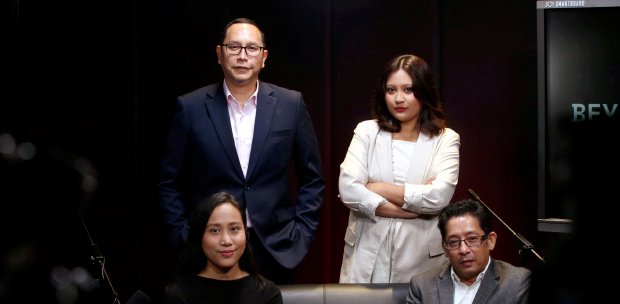INVESTING in higher education has always been a priority. Everyone has always looked at a university degree as a passport to lucrative careers.
The government has long aimed to make Malaysia an international higher education hub. Though not quite there yet, we are making progress.
But the people were recently jolted by the news that many 2021 SPM students have lost interest in pursuing higher education. More than 70 per cent of them have yet to apply for admission to higher education institutions.
They opted to work first before enrolling in a university. The higher education business, therefore, must strategise differently now that the game is changing.
Take the case of business education in universities. Getting a business degree has been a popular choice of students. At one time, interest in MBAs was high among professionals, as companies preferred to recruit those with the postgraduate degree.
Even engineers with an MBA were preferred over those without it. It was no surprise then that business schools mushroomed, including online ones. Though business education remains a top choice, contents and delivery have changed.
New trends in global business will shape business education in the future. At the same time, because of the pandemic-induced disruption, business schools are busy perfecting hybrid learning.
Nowadays, there is general agreement that the climate crisis will force business schools to adapt their curricula. Both students and companies are looking to business schools to translate climate science into action.
There has been a shift in how organisations think about value, with many agreeing that genuine environmental, social and governance strategies can lead to growth and profitability.
Many view business graduates as agents of change who can make this shift. There is no denying that business schools need to pay attention to the intersection between business and the environment.
They are, after all, two sides of the same coin, and an integrated approach can make the biggest impact on tackling climate change. Business education needs to go beyond traditional areas and acknowledge the climate emergency.
Rankings would continue to be a primary source of legitimacy. But more weight will be given to sustainability, including biodiversity and climate concerns. This would also influence a student in deciding which school to enrol in.
Green topics, like sustainability and green finance, are growing in demand. These used to be integrated into traditional core courses. Now, entire programmes are developed around them. Many see such developments as the rebirth of business schools.
And fundamental to that rebirth is the shift in business education to a greater emphasis on interdisciplinarity, such as including the humanities, political science, natural sciences, engineering, design and so on.
We will also see business schools embracing flexible, multi-mode delivery, offering students a campus experience that integrates the best blend of face-to-face and online offerings.
Employers and graduates will look for radical changes in business management education in the coming years. There is some hesitancy by some business schools about embracing the trends. But for how long? Many believe the loud calls from business and society will be hard to ignore.
They may force business schools to respond. Many agree that when it comes to the future of business schools, the most significant change will be a curriculum rethink.
They need to conform to societal trends, such as climate change, big data, and health and wellbeing. Such topics historically would not have been featured prominently in business education.
Many also feel business educators need to develop strategies to nurture transformational leaders, who will become the new driving force of social impact. Many learned a lot from the forced experiment of educating students during the pandemic.
Some anticipate schools will keep those that address high-speed problem-solving and innovation. It is most certain that business education must change to remain relevant.
The writer is a professor at Tan Sri Omar Centre for STI Policy, UCSI University





